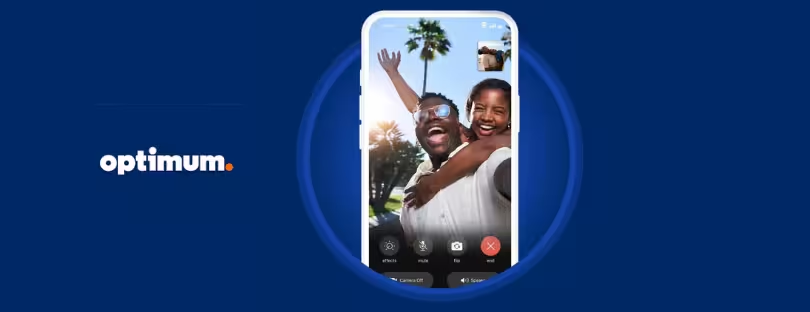
The reintroduction of EU roaming fees opens new possibilites for eSIM providers
Some have viewed Virgin Media O2‘s decision not to follow competitor mobile providers in restoring mobile roaming costs for customers traveling within the European Union (EU) as opportunistic, although the new tariffs could create an opportunity for eSIM providers. EU roaming fees reintroduction
For example, EE decided that consumers who signed up for a plan that included a pay monthly device or SIM on or after July 7, 2021, would be charged a daily fee for using their phone in its European roaming zone. From March 3, 2022, the operator will begin charging EU roaming fees.
And as businesses face cost increases for workers travelling throughout the UK, eSIM providers are lining up to take advantage, offering alternative data plans for UK consumers traveling abroad. eSIMs fundamentally allow modern smartphone users to activate a mobile data plan without the installation of a physical card.
An eSIM data plan allows users to call, send SMS, send photos and videos via communication applications such as WhatsApp, and even connect tablets and laptops. Users can combine multiple eSIM profiles from different operators and switch between them in the device settings. Providers also claim that eSIM offers a safer, more secure connection than Wi-Fi.
First out of the blocks for eSIM providers has been global cellular connectivity provider Ubigi, which provides eSIM data plans in 180+ countries to travellers with eSIM-compatible smartphones such as iPhone 11/12/13/XS/XR/SE, Samsung S20/S21, Pixel 3/4/5/6, tablets including iPad Mini/Air/Pro, Surface Pro, and a number of laptops operating on Windows 10 and 11. EU roaming fees reintroduction
In what it called a response to UK travellers’ concerns, Ubigi has calculated that by using the average data usage by its UK consumers in July/August 2021 (2.6GB), an average consumer traveling in Europe would be most likely to buy a 30-day 3GB eSIM data plan costing £6, significantly less than what is charged by the traditional operators, even Virgin Media O2.
- AIRALO
-
eSIM for
Europe
39 countries
-
1 GB – 7 days – €4.27
3 GB – 30 days – €11.09
10 GB – 30 days – €31.57
- AIRHUB
-
eSIM for
Europe
34 countries
-
1 GB – 7 days – €2.99
3 GB – 30 days – €5.12
10 GB – 30 days – €11-09
- aloSIM
-
eSIM for
Europe
32 countries
-
1 GB – 7 days – €5.00
3 GB – 30 days – €13.00
10 GB – 30 days- €36.00
- GigSky
-
eSIM for
Europe
36 countries
-
1 GB – 7 days – €6.99
3 GB – 15 days – €11.19
10 GB – 30 days – €27.99
- iRoamly
-
eSIM for
Europe
39 countries
-
1 GB – 7 day – €6.83
3 GB – 15 days – €10.24
10 GB – 30 days – €18.77
- Maya Mobile
-
eSIM for
Europe
34 countries
-
1 GB – 7 days – –
5 GB – 15 days – €5.99
10 GB – 30 days- €13.99
- NOMAD
-
eSIM for
Europe
36 countries
-
1 GB – 7 days – €4.71
3 GB – 15 days – €10.27
10 GB – 30 days – €15.41
- VOIA
-
eSIM for
Europe
34 countries
-
1 GB – 7 days – €2.69
3 GB – 15 days – €5.05
10 GB – 30 days- €11.70
The Best eSIM Finder brings together 100+ providers in one place, giving you a clear view of everything from data limits and business options to tethering, crypto payments, coverage, travel extras, refund policies, discounts, and reviews—so you don’t just compare plans, you understand which one truly fits your needs. Start exploring today and find the plan that fits you best.



















